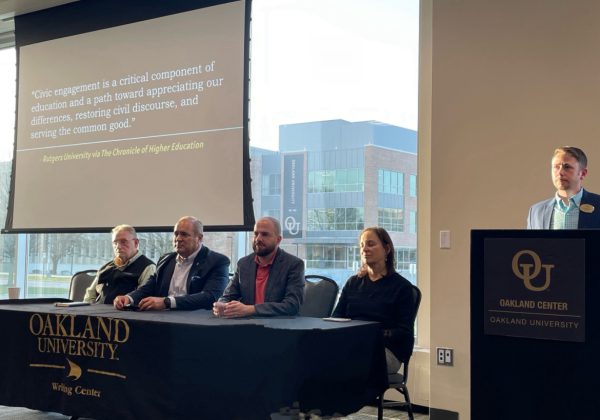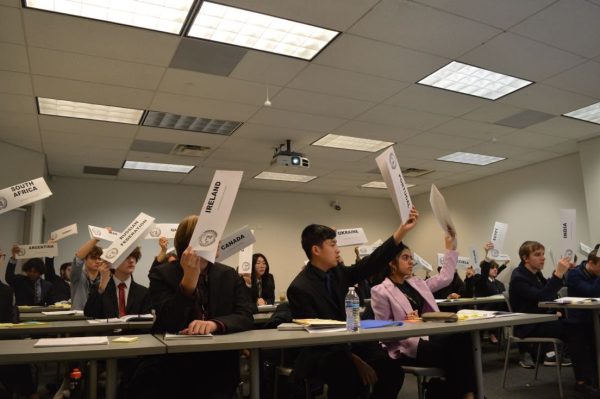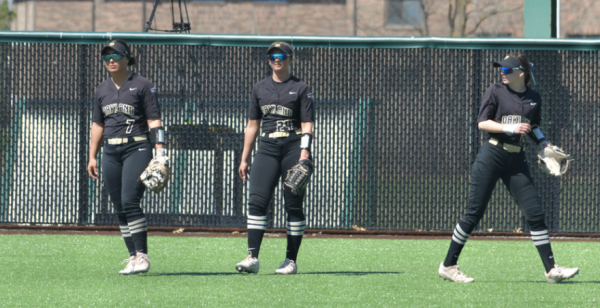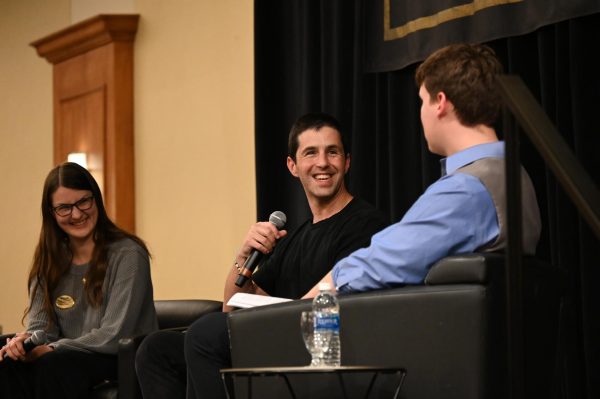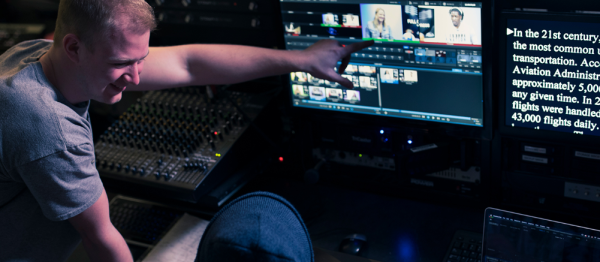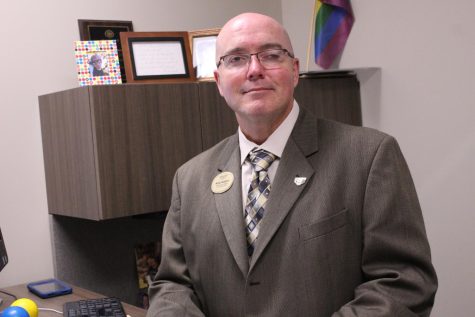New tax would help law enforcement, effect sporting event and concert goers
State Senator Coleman Young II introduced a Bill to Michigan legislature on March 1 that would create a $3 tax on specified entertainment and sporting events in Detroit with the intention of providing further support to police, firefighters and first responders.
The Sporting Entertainment Tax Act would apply only to venues with a seating capacity of 5,000 or more within a city that has a population 500,000 or more. This leaves Detroit as the only eligible city within the state and would impact such venues as Lions, Tigers, Red Wings and Pistons games, as well as concerts at Comerica Park, Ford Field, Little Caesars Arena, the Fox Theatre and Chene Park, according to MLive.
The proceeds would be split with 34 percent going to Detroit police officers, 33 percent going to Detroit firefighters and 33 percent going to Detroit emergency medical services personnel. Young has stated he does not intend for the money to go into the general budget.
More specifically, MLive reported that the funds would be used to aid in hiring more and better equipping these professions as well as for funding police funerals.
The Bill has been referred to the Committee of Finance, who’s chairperson will determine whether it moves forward into the full Senate and then potentially the House.
However, despite the intention to support what many would consider a good cause, some are not convinced that the bill will pass due to a few substantial roadblocks.
For one, Young is a Democrat, and both the Mich. Senate and House of Representatives are currently controlled by the Republican Party.
“The minority party very rarely has opportunity to impact the agenda,” said David Dulio, professor and chair of the Oakland University political science department. “However, this is a carveout for Detroit that many would see as a good idea. It’d increase the amount of money that would go to cops, firefighters and EMS personnel.”
Even with the stacked odds, Dulio feels the Bill is not going to be a partisan issue, but rather one revolving around the attendees who would have to pay the tax.
“If you think about the people that go to these games, many of them, if not a majority, are coming from places other than Detroit,” Dulio said. “That means that people in other communities are going to be footing the bill for increased funds for Detroit services.”
Professor of political science Pat Piskulich compared this to the taxes applied to travelers in hotels since it would be using income generated from outside of the area to support the area.
The potential for push-back exists in that some may not be willing to contribute to a tax which will not benefit them in any way.
Furthermore, according to Piskulich, adding $12 to an evening out for a family of four could have unintended consequences and a bigger impact than expected, such as the decision to not eat out afterward or to stay home and watch the event on TV instead.
With ticket prices already rising in general, some have even argued that, as a show of good faith, franchise owners should simply pay the $3.
Due to this controversy, both Dulio and Piskulich do not anticipate the Bill passing.




